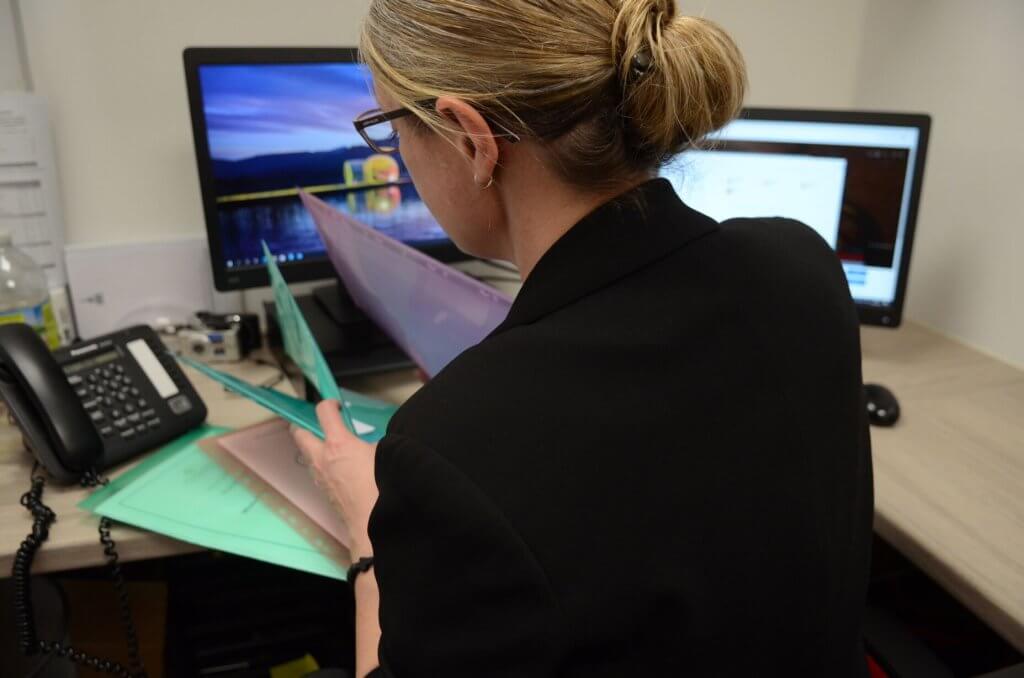Unions call on the Chancellor to increase school funding by £1.7 billion
Jeremy Hunt, Chancellor of the Exchequer, is set to deliver the autumn statement on 22 November. In anticipation of this, four education unions, including the National Education Union (NEU), Association of School and College Leaders (ASCL), NASUWT and the NAHT school leaders’ union, have called on the Chancellor to increase school funding by £1.7 billion next year.
Last year’s statement included an announcement of an extra £2 billion funding for schools, both for last year and the current financial year. However, union leaders point out that, following the correction to an accounting error, mainstream schools’ funding via the National Funding Formula will only rise by an average of 1.9% per pupil next year, well under the current rate of inflation.
Moreover, leaders argue that school costs are expected to rise by at least 5.8% in 2024-25, if school staff are to receive a pay rise similar to the award this year. However, in their current financial position, schools will only be able to afford a staff pay rise of 1% in September 2024. Therefore, leaders say that school funding must increase by at least £1.7 billion ‘in order to recruit and retain teachers and protect schools and colleges from having to make further cuts to provision.’
The joint letter highlights the conclusions of The School Teachers’ Review Body (STRB) 33rd Report, which states ‘investment is needed to proactively manage the worsening recruitment position and declining competitiveness of teacher pay.’ This comes as a poll of almost 4,000 teachers reveals that 92% say their school does not have enough funding to hire all the teachers it needs.
Pupils struggle to access the mental health support they need
In a study of more than 11,000 Year 13 pupils, researchers found that a quarter had sought out some form of mental health support over the last year. However, 35% reported that they were still on a waiting list, or otherwise yet to receive any support. When asked about their school’s mental health support, almost a third reported that it was not good enough. State school pupils were twice as likely as their private school counterparts to say their school’s mental health support was inadequate, (32% compared to 16%).
The study was carried out together by the Sutton Trust and University College London. Overall, the study shows that 44% of Year 13s could be classified as experiencing high psychological distress between November 2022 and April 2023. This is significantly higher than 35% in 2017 and 23% in 2007 in studies of similar age groups. Researchers warn this underscores the severity of the growing mental health crisis amongst young people.
Researchers also suggest a link can be drawn between the increased rate of psychological distress and the rate of persistent absence, which has risen from 13% pre-pandemic to 22% this year. This echoes recent research by the Children’s Commissioner, where mental health was identified as a key barrier to attendance.
In response to these findings, Sir Peter Lampl, Founder and Chairman of the Sutton Trust, calls for ‘sustainable and well-funded support for young people experiencing mental health issues, including preventative and early intervention services.’
Ofsted criticises weak join-up between schools and other partners in safeguarding
Ofsted has published a new report that reviews the extent to which agencies across children’s social care, health services, schools and the police work collaboratively with partners to identify children and families who need help, as well as how effectively they intervene to support these children and deliver the help they need. To support this research, Ofsted carried out inspections across five local authority areas – Sunderland, Wirral, Harrow, Bedford and Surrey – between December 2022 and March 2023.
Despite observing good practice in schools and evidence of positive outcomes for children, inspectors found that join-up between schools and other agencies was weak. For example, in one area, police and health services were heavily involved in strategic discussions around safeguarding arrangements, yet education was entirely missing. Too often, school leaders reported that they were working in isolation to protect vulnerable children and keep them physically, socially and emotionally safe.
Furthermore, inspectors found that Operation Encompass was not being implemented effectively across all areas. This is a process that enables police to inform schools about domestic abuse incidents so they can offer support to children. In one area, early years settings were not signed up to the scheme, whilst in another, information-sharing measures did not cover children attending independent schools.
Ofsted emphasises that ‘local safeguarding partnerships need to ensure greater engagement and strategic consensus with partner agencies, particularly schools.’ They also explain that in order for early help to be effective, there needs to be a shared understanding amongst all relevant partners of what early help is. Furthermore, leaders need to know and understand their local areas, and work with partners and local communities to tailor services and make them accessible. Therefore, they recommend training for all professionals to ensure they understand the role of early help.
—
One Education believes in giving each and every child the highest possible standard of education.
Whether it’s navigating the complexities of the education funding landscape, or working together to strengthen your safeguarding arrangements – we’re here to support you in creating a safe and supportive learning environment that nurtures the potential of every pupil.
Please complete the form below and we will get in contact as soon as we can to help you with your query.















